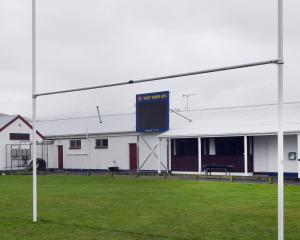That is the view of international researcher and adjunct professor Annette Beautrais, of the Canterbury University School of Health Sciences.
Prof Beautrais spoke earlier this week at the Barnett Lecture Theatre, Dunedin Hospital, on Wednesday of ''A New Era in Suicide Prevention'', and commented later in an interview.
More than 100 people attended the lecture, given in association with the University of Otago preventive and social medicine department.
''New Zealand does need to provide high-profile leadership around suicide prevention,'' she said.
Such an approach would be in keeping with high-level suicide prevention initiatives being undertaken in the United States, and research being undertaken by the World Health Organisation (WHO).
If further steps were not taken, including providing more resources, New Zealand risked ''falling behind international efforts'', including preventive work in Australia.
New Zealand needed higher-profile leadership within the Government and a scientific advisory body should also be established to provide decision-makers with clear advice based on latest research.
Prof Beautrais said about 60% of New Zealand suicide deaths were of working-age men, aged 20 to 65, and further ways needed to be found to encourage men to seek help, including from doctors.
Providing more health-related support to men through their workplaces should be considered as part of comprehensive measures to cut suicide deaths.
World Health Organisation (WHO) figures show nearly a million people die annually from suicide. Ministry of Health figures show 478 people died by suicide in New Zealand in 2011.
Prof Beautrais said that because many complex factors contributed to suicide, suicide prevention had long proved a ''very difficult'' challenge.
The World Health Organisation was preparing ''its first ever world suicide prevention report'', which she said was due to be released later this year.
Advertisement













